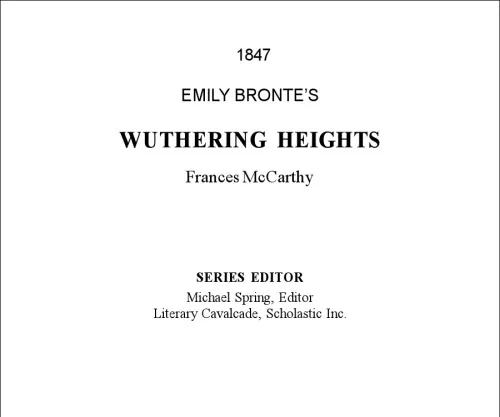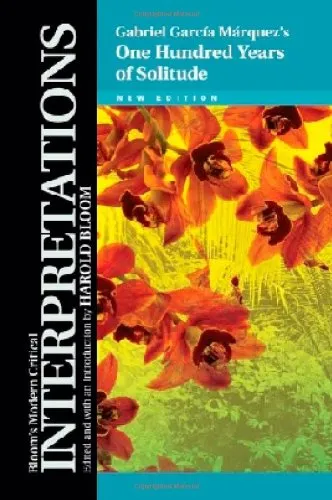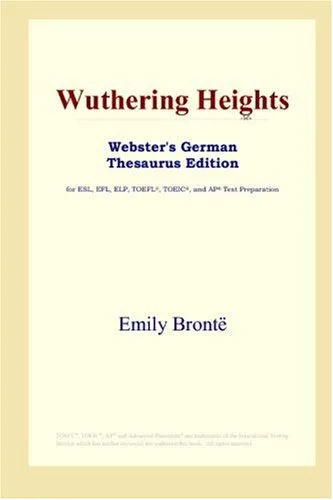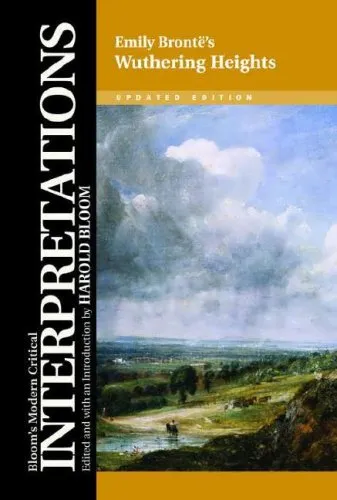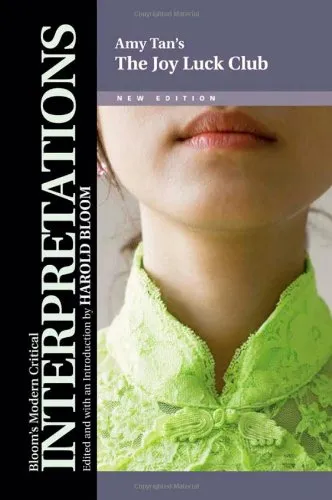Emily Brontë’s Wuthering Heights
4.2
Reviews from our users

You Can Ask your questions from this book's AI after Login
Each download or ask from book AI costs 2 points. To earn more free points, please visit the Points Guide Page and complete some valuable actions.Related Refrences:
Persian Summary
Introduction to Emily Brontë’s Wuthering Heights
Emily Brontë’s "Wuthering Heights" is an extraordinary piece of literature that stands out as a singular masterpiece in the canon of English literature. First published in 1847 under the pseudonym "Ellis Bell," this novel delves into intense human emotions, exploring themes of passion, revenge, and the supernatural through a narrative that is as compelling as it is disturbing. This introduction aims to provide a comprehensive overview of the novel, highlighting its storyline, themes, and enduring significance.
Detailed Summary of the Book
The story of "Wuthering Heights" unfolds on the desolate moors of Yorkshire, primarily focusing on two estates — Wuthering Heights and Thrushcross Grange. The plot is deeply saturated with the tumultuous and tragic love story between Heathcliff and Catherine Earnshaw.
Mr. Lockwood, a tenant at Thrushcross Grange, becomes curious about the mysterious Heathcliff and through Nelly Dean, the housekeeper, the complex past of the inhabitants of Wuthering Heights is revealed. Heathcliff, an orphan brought to Wuthering Heights by Mr. Earnshaw, quickly forms a profound bond with Earnshaw’s daughter, Catherine. However, Heathcliff's lower social status leads to humiliation and a burning desire for revenge when Catherine chooses to marry Edgar Linton of Thrushcross Grange despite her intense love for Heathcliff.
Driven by vengeance, Heathcliff leaves, returning years later wealthy and intent on destroying the lives of those who wronged him. His obsession leads to the ruin of both the Earnshaw and Linton families, yet the enduring connection between Heathcliff and Catherine transcends even death, painting a haunting portrait of love’s destructive and redemptive power.
Key Takeaways
- The destructive nature of revenge and how it can consume individuals and their relationships.
- Love as a powerful, sometimes supernatural force that defies societal constraints.
- The conflict between nature and civilization, often depicted by the wild, untamed moors surrounding the estates.
- Exploration of social class, isolation, and the consequences of revenge-driven actions.
Famous Quotes from the Book
"Whatever our souls are made of, his and mine are the same."
"I am Heathcliff. He's always, always in my mind: not as a pleasure, any more than I am always a pleasure to myself, but as my own being."
Why This Book Matters
Emily Brontë's "Wuthering Heights" continues to be a significant literary work due to its complex narrative structure, psychological depth, and exploration of passionate, often destructive, human emotions. It challenges the conventions of the Victorian era, offering a raw and poignant depiction of the human condition that remains relevant today.
Its unique narrative that blends Gothic and Romantic elements with intense character studies makes it a favorite subject for literary analysis and academic discourse. The novel's undying popularity is evidenced by its adaptation into numerous films, operas, and stage productions, ensuring that its haunting beauty and narrative power resonate with each new generation.
Free Direct Download
You Can Download this book after Login
Accessing books through legal platforms and public libraries not only supports the rights of authors and publishers but also contributes to the sustainability of reading culture. Before downloading, please take a moment to consider these options.
Find this book on other platforms:
WorldCat helps you find books in libraries worldwide.
See ratings, reviews, and discussions on Goodreads.
Find and buy rare or used books on AbeBooks.
1565
بازدید4.2
امتیاز0
نظر98%
رضایتReviews:
4.2
Based on 0 users review
Questions & Answers
Ask questions about this book or help others by answering
No questions yet. Be the first to ask!
